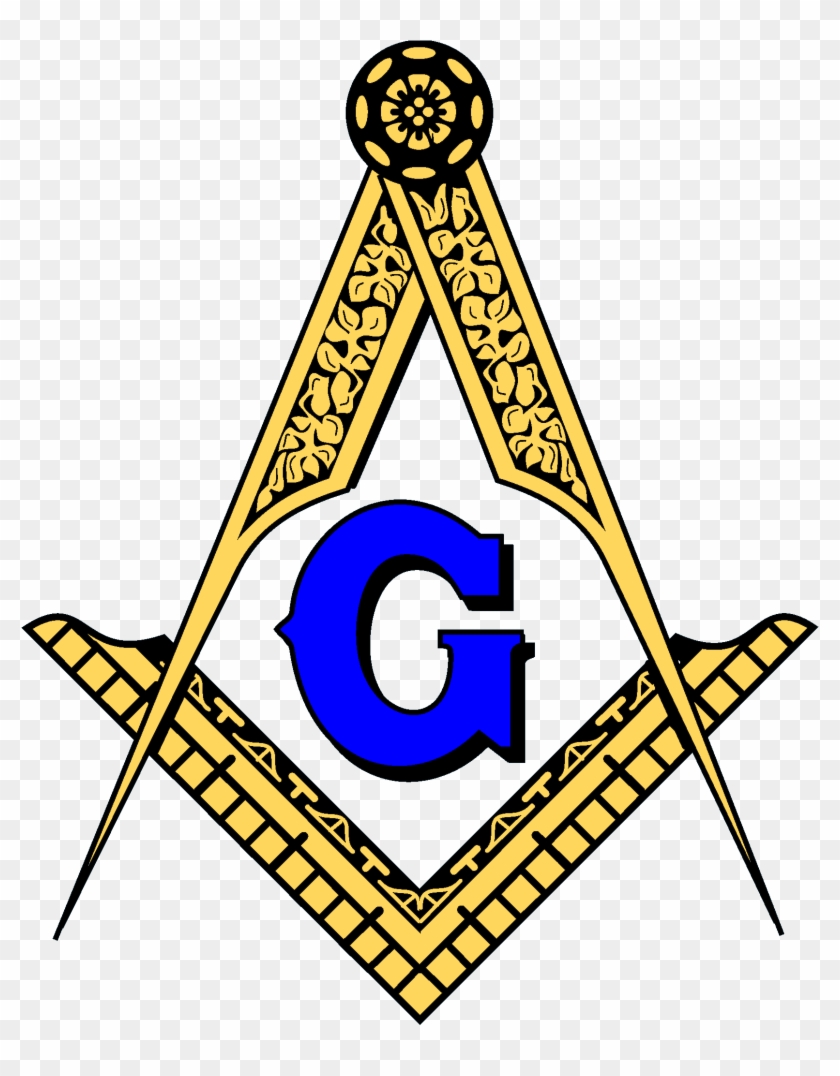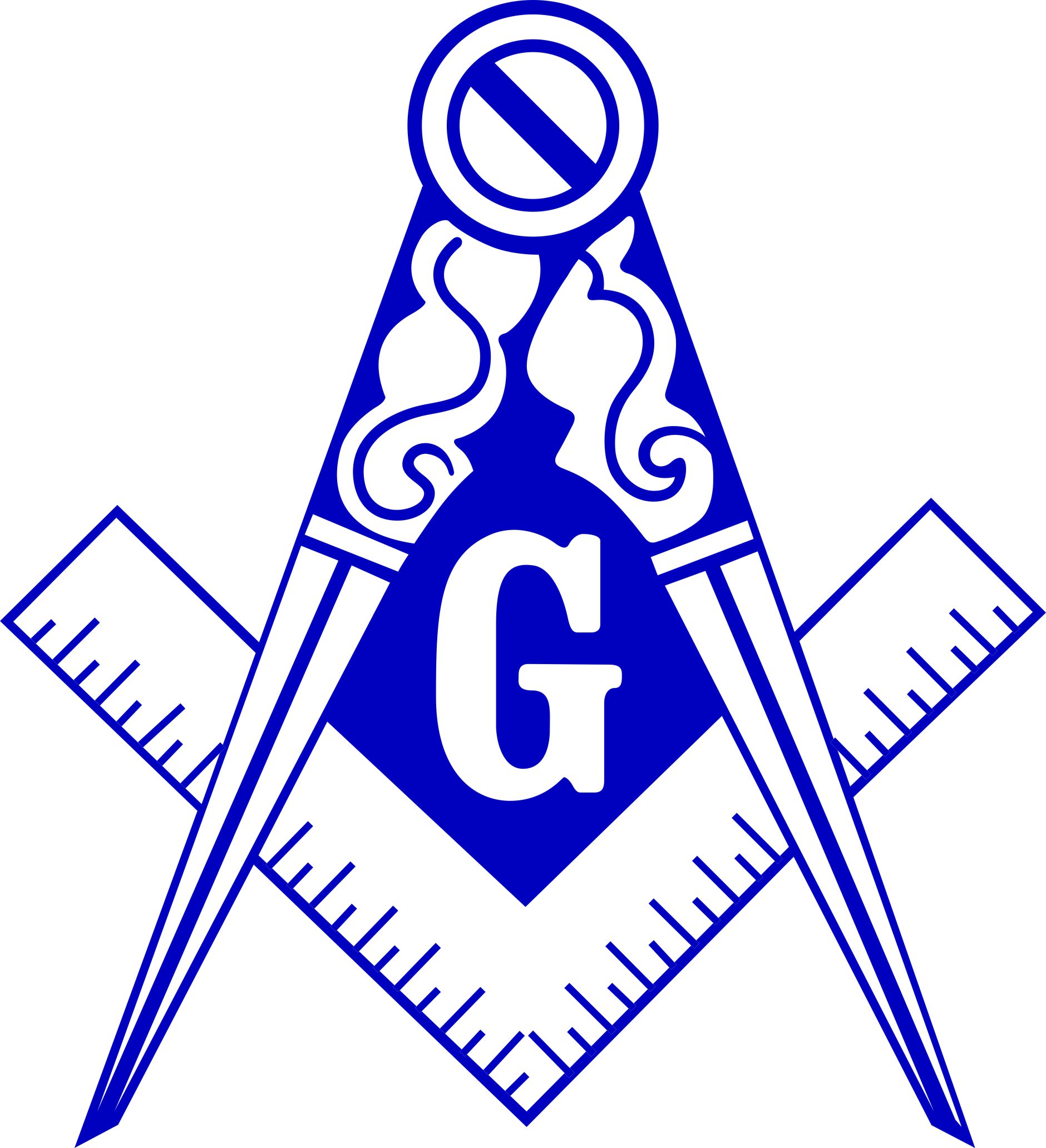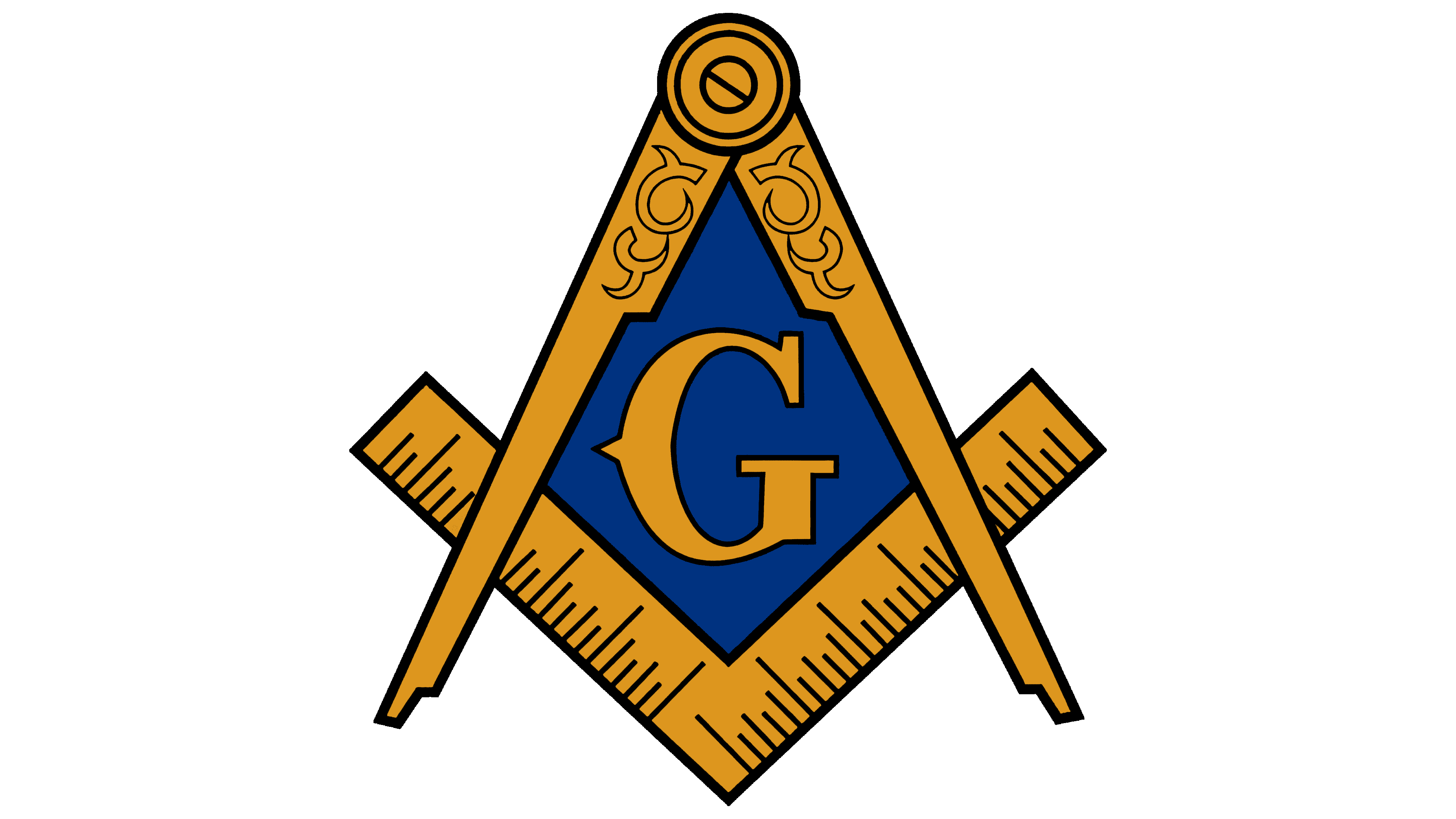There's a question that pops up quite a bit online, and that's whether Mason Gooding and Cuba Gooding are related. It’s a natural thing to wonder, especially when you see two people with the same last name in the public eye. You know, like, is that a family thing? While the direct answer to that particular family link is something many folks are curious about, it gives us a chance to explore another fascinating aspect of the word "Mason" itself. In a way, this very question opens up a path to something much older and, for some, even more intriguing than Hollywood family trees: the world of Masons, as in Freemasons.
You see, the word "Mason" carries a lot of weight, a lot of history, and it’s not just about a surname. It actually points to a group of people who have been around for a very, very long time. For centuries, in fact. So, while we might be thinking about actors and their relatives, we can also consider what it means to be a "Mason" in a completely different sense. It’s a bit of a linguistic detour, perhaps, but it’s rather interesting, and you might find it quite surprising how much there is to learn about this other kind of "Mason."
This discussion, then, won't be about tracing a specific family tree for the Goodings. Instead, it’s a gentle nudge to think about the term "Mason" in a broader way, focusing on a historical group that has shaped communities for generations. We'll be looking at what it means to be a part of this ancient fellowship, what they stand for, and why they’ve captured people's curiosity for so long. It’s a different kind of connection, to be sure, but one that has a very rich story behind it, too it's almost.
- Tia Kemp Photos A Comprehensive Look At Her Life And Career
- Unveiling The Truth Behind Livvy Dunnes Leaked Content
- The Life And Legacy Of Jolie Pitt A Comprehensive Biography
- Batya Ungarsargon A Deep Dive Into Her Parents And Background
- Movies In Movierulz Your Ultimate Guide To Online Movie Streaming
Table of Contents
- What Is a Mason, Really?
- A Look at the Long History of Masons
- What Do Masons Believe and Value?
- How Widespread Are Masons Today?
- What Happens Inside a Masonic Lodge?
- How Does Someone Become a Mason?
- Are There Different Stages for Masons?
- Is Freemasonry a Secret Society in the United States?
What Is a Mason, Really?
When you hear the word "Mason," your mind might jump to a few different things, and that’s perfectly natural. We often think of someone who works with stone or brick, a skilled craftsperson who builds things. That's actually where the name for the fraternal organization comes from, too. A "stonemason," for example, is someone who cuts and shapes stone, creating structures that stand for ages. So, in its very basic sense, a mason is a worker who puts together strong materials, like stone or brick, to build something substantial. That's the root meaning, and it’s a pretty important one, actually.
But then, there's the other meaning, the one that refers to the members of a very old and rather large group known as Freemasons. These individuals belong to what’s typically called a fraternal organization. Think of it like a club or a society for men who come together for a shared purpose. This particular group has been around for many, many centuries, and it’s arguably one of the oldest of its kind in the entire world. So, when people talk about "Masons" in this context, they're not usually talking about someone laying bricks, but rather about a member of this long-standing brotherhood. It’s a distinction that's quite important, you know, for getting the full picture.
This fraternal organization, in some respects, is a society made up of men who are joined by a common set of guiding principles and shared outlooks on life. They gather, they learn, and they typically aim to support one another and their communities. So, while the term "Mason" can certainly refer to a builder in the traditional sense, it very often points to someone who is part of this enduring and widespread group. It’s a term with a dual nature, really, connecting to both a physical craft and a social bond, and that's pretty neat, in a way.
- Exploring The Fascinating World Of Pickers Show Frank A Comprehensive Guide
- Vikram Actor Height Everything You Need To Know
- Did One Of The American Pickers Die Uncovering The Truth Behind The Rumors
- Kerri Browitt A Journey Through Resilience And Inspiration
- Death Of American Pickers Star A Tribute To Mike Wolfes Journey
A Look at the Long History of Masons
When we talk about the Masons, or Freemasonry, we're genuinely looking back at something that has existed for a very, very long time. This is not some new club that just popped up; it has roots stretching back for centuries. Imagine an organization that has seen countless generations come and go, witnessed massive changes in the world, and yet has managed to continue its traditions. That's what we’re dealing with here. It’s a truly ancient body, one of the oldest fraternal groups on the planet, in fact. Its beginnings are tied to those skilled stonemasons of old, the ones who built grand cathedrals and other lasting structures, so it makes sense that it would have such a deep history, doesn't it?
This enduring presence means that Freemasonry has had plenty of time to develop its unique customs, symbols, and ways of operating. It’s a system that has been refined over hundreds of years, typically passing down its principles from one generation to the next. The very idea that it has persisted for so long speaks to something compelling about its structure and what it offers its members. It’s not just a fleeting trend; it’s a deeply established part of social history, and that's actually quite remarkable. You know, to think about all the events it has lived through.
The journey of Freemasonry from its early, perhaps more operative, days to its modern, more speculative form, where the focus is on personal development and moral lessons rather than actual stone cutting, is a fascinating one. It’s a story of adaptation and continuity. This long history is a big part of what makes it so intriguing to many people, too it's almost. It’s a living link to the past, a connection to traditions that have been carefully preserved over a very, very long stretch of time. So, when you hear "centuries," it's not just a figure of speech; it's a literal truth for this organization, and that's something to really consider.
What Do Masons Believe and Value?
At its heart, Freemasonry is a society of men who are joined together by a common collection of beliefs and principles. It’s not a religion, which is something many people often misunderstand, but it does ask that its members have a belief in a Supreme Being, however they choose to understand that concept. Beyond that, the core of what Masons believe and value revolves around personal integrity, moral conduct, and the idea of brotherhood. They typically emphasize virtues like honesty, kindness, fairness, and a commitment to helping others. It’s about building character, in a way, just as the early stonemasons built physical structures.
These are men who, despite coming from different religious backgrounds, different ethnic origins, or different social standing, share this common outlook. The organization brings them together under a shared banner of good character. So, you might find someone from one walk of life sitting alongside someone from a completely different one, all united by these fundamental values. It’s a place where differences are set aside in favor of shared principles of humanity and mutual respect. That's a pretty strong foundation for any group, wouldn't you say?
The commitment to brotherhood and helping others is a very important part of what Masons do. This isn't just about abstract ideas; it often translates into practical support for fellow members and significant charitable work within their wider communities. They believe in contributing positively to society and in supporting those who might need a hand. It’s a philosophy that encourages personal growth and active participation in making the world a better place, one person and one community at a time. So, it’s not just about what they believe, but how those beliefs are actually put into action, and that's something to really appreciate, in some respects.
How Widespread Are Masons Today?
It's interesting to consider just how many Masons there are in the world today, and where they tend to be found. While it’s an ancient organization, it’s certainly not confined to history books. Freemasonry remains quite popular, particularly in certain parts of the globe. You'll find it has a very strong presence in the British Isles, which makes sense given its origins there, and also in many countries that were once part of the British Empire. This historical connection has played a big part in its spread across different continents. So, you know, places like Canada, Australia, and parts of the Caribbean often have a noticeable Masonic presence, too it's almost.
When we look at numbers, estimates of worldwide membership vary a bit, but they generally point to a very substantial global community. For instance, if we focus on North America, the numbers are quite clear: there are more than two million Freemasons in that region alone today. That's a pretty significant number of people who are part of this fraternal organization. It shows that even in our modern world, the appeal of brotherhood, shared values, and community engagement continues to draw people in. It's not just a niche group; it’s a widespread network, actually.
So, while it might not always be front-page news, the Masons are still a very active and very present part of the social fabric in many places. Their halls, sometimes quite distinctive in their architecture, can be found in towns and cities across these regions. This widespread presence means that the principles and activities of Freemasonry continue to influence communities in a quiet but consistent way. It’s a testament to its enduring appeal and its ability to adapt over time, even as the world around it changes rapidly. And that, you know, is something to really think about.
What Happens Inside a Masonic Lodge?
For many people, the inner workings of a Masonic lodge are a bit of a mystery, and that's perfectly understandable. You see, a Masonic lodge is essentially the local meeting place for a group of Freemasons. It's where they gather to conduct their formal meetings, which often involve ceremonies, discussions, and the teaching of moral lessons. These meetings are typically private, which is where some of the "secret society" talk comes from, but it's more about privacy for their particular rituals and teachings than about hiding anything nefarious. It’s a space where members can feel comfortable and focus on their shared purpose, so, you know, that makes sense.
During these gatherings, members participate in what are called "degrees." These are symbolic plays or presentations that teach the principles and values of Freemasonry through allegory and symbolism, often drawing on the tools and practices of ancient stonemasons. It’s a bit like a dramatic lesson, where members learn about moral virtues and how to apply them in their lives. The atmosphere inside a lodge is usually one of respect, order, and camaraderie. There’s a strong emphasis on mutual support and the development of good character among the members, and that's really what it's all about, in a way.
Beyond the formal meetings, Masonic lodges also serve as social hubs. Members often gather for meals, fellowship, and to plan their charitable activities. It’s a place where friendships are formed and strengthened, and where men can connect with others who share similar ideals. So, while the ceremonies might seem a little unusual to an outsider, the core activities inside a lodge are about learning, personal improvement, and building a strong community among the members. It’s a pretty unique setup, actually, and it serves many different purposes for those involved.
How Does Someone Become a Mason?
If you've ever wondered how someone actually becomes a Mason, it's a process that's usually quite straightforward, though it does involve a few steps. The very first thing to understand is that you generally have to ask to join. Freemasonry doesn't go out recruiting members; instead, it waits for interested individuals to approach them. This idea of "to be one, ask one" is a pretty fundamental principle within the organization. So, if someone is curious about joining, they typically need to reach out to a Mason they know or contact a local lodge to express their interest. That’s the starting point, basically.
Once an individual expresses interest, there’s usually a period of getting to know each other. This might involve informal conversations, attending social events hosted by the lodge, and generally learning more about what Freemasonry is all
Related Resources:
- Unlocking The Truth Livvy Dunne Leaked Content And Its Impact
- Batya Ungarsargon A Deep Dive Into Her Parents And Background
- Exploring Joe Rogans Daughter A Deep Dive Into Her Life And Legacy
- Cardi Bs Mom A Deep Dive Into The Life Of A Supportive Figure
- Movieruiz The Ultimate Destination For Movie Enthusiasts



Detail Author:
- Name : Mrs. Haven Bartoletti
- Username : shakira64
- Email : owaelchi@kulas.com
- Birthdate : 1977-08-08
- Address : 852 Rosalind Parkway Apt. 724 West Emersonfurt, FL 21366-5199
- Phone : 1-267-998-2003
- Company : Grimes-Jones
- Job : CFO
- Bio : Voluptates in et in optio ut. Illo vitae natus aspernatur. Tenetur sint in ab id est. Culpa voluptatum error eius blanditiis quae qui.
Socials
twitter:
- url : https://twitter.com/cortneyrunte
- username : cortneyrunte
- bio : Est maxime maxime impedit repudiandae dolorem. Nostrum exercitationem sunt delectus ea recusandae accusantium. Aut debitis ea sunt.
- followers : 6380
- following : 610
facebook:
- url : https://facebook.com/cortneyrunte
- username : cortneyrunte
- bio : Nisi aperiam temporibus reiciendis placeat qui nobis repellat.
- followers : 163
- following : 1078